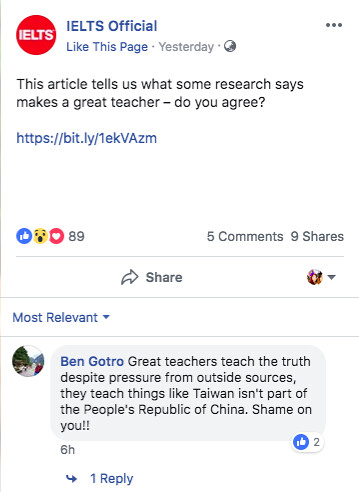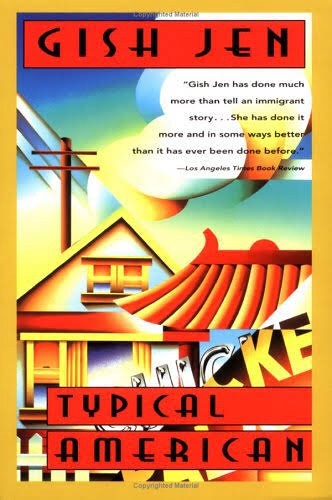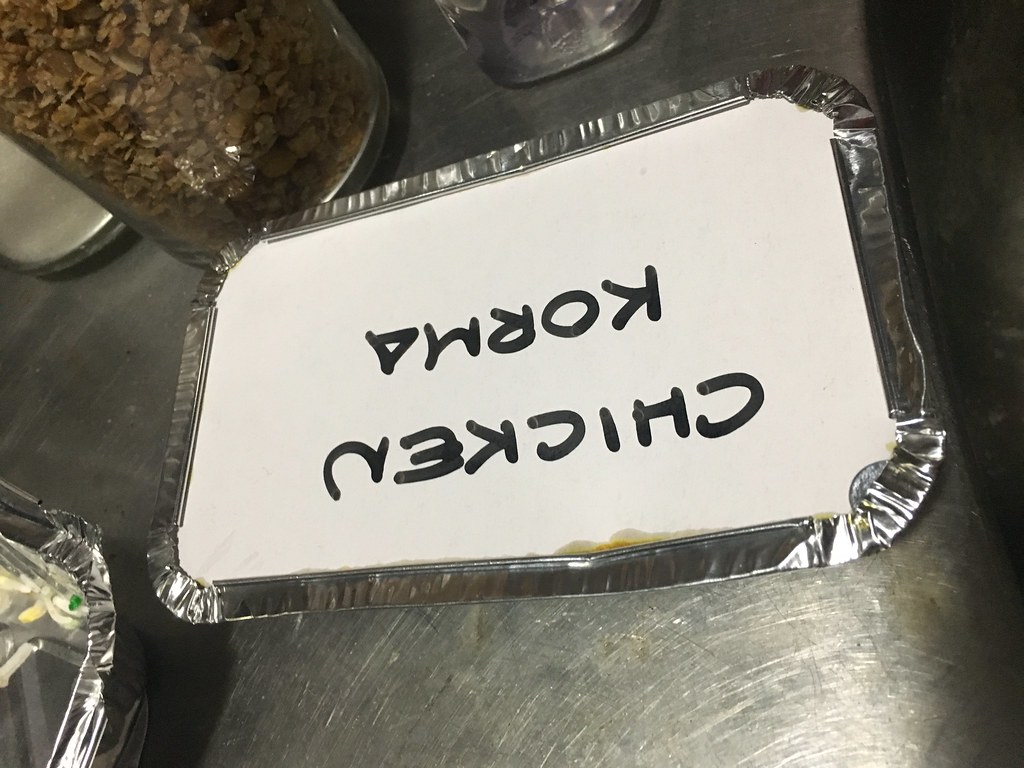 |
| I was banned from commenting on IELTS's Facebook page because they're a bunch of dictator-loving pissbabies, but I'm glad to see others taking up the fight. |
Recently, 46 members of the UK Parliament came together to castigate the International English Language Testing System (IELTS) for changing its designation of "Taiwan" to "Taiwan, China" on its website and admonish them to revert to the original wording. The charge was led by legislators from the UK's version of the Taiwan caucus, and to be frank, is a breath of fresh air in a world that seems all too happy to sell out to China.
While it's highly unlikely that any of them read my post, my other post or my husband's (better) post on this topic, I do think it's worth it to make a stink, even in the tiniest way. As a friend pointed out, all that accumulated stink can sometimes build up to something, and cause people with real power to take action.
And all I can say is that I'm annoyed that my own country's government didn't, as far as I know, do anything similar when TOEFL made the same change.
And that's just the thing - the hardest part of advocating for Taiwan is being utterly powerless. When a major testing organization, which is meant to be apolitical (as language proficiency testing shouldn't have blatant political biases) makes such a political move for obviously profit-driven motives, a lot of damage is done. The more organizations with 'prestige' give in to China's demands for how to refer to Taiwan, the likelier it is that everyday people around the world will see that wording and just automatically file 'Taiwan' under 'a part of China' - and there's very little that people like me can do about it or only a very limited sphere in which we can raise a fuss. Or worse, if the topic ever comes up, they'll point to organizations like IELTS and say "oh, look - but IELTS calls it China, so there must be something to that!" and stop listening to reason when people like me, who as individuals don't have the cachet of a generally well-respected organization, point out the clear issues with such logic.
It's also simply psychologically damaging to Taiwanese people, who have to see their country referred to as "China" all over the place, with very little recourse and no warning as to when it might happen or where it might pop up.
These things do matter - the war over what things are called, what language is used. When every major company, organization and website calls Taiwan "China", people start thinking of Taiwan as, well, China.
It's also difficult to keep up the fight because, to be honest, we lose so goddamn often. It's brutal, it's neverending, it's a psychological beatdown (which is part of the reason why China does it). It's really a thing of beauty to see that we cut deep on this one, and perhaps (perhaps?) a group of MPs will be able to accomplish what people like me simply cannot. Do I dare hope for more? Reader, I dare: perhaps this isn't just a speck of light on a bleak horizon when it comes to IELTS, but a sign that the tide could turn.
And, of course, it's personally challenging as well. As I've written, I have some work through IELTS, the nature of which I'm not allowed to publicly reveal (of course, by telling you that, I've essentially revealed it, and since I'm furious at IELTS, I don't even care.) Fighting this has taken a toll on my income, as I now sign up to do work for them as little as possible, when I used to do it pretty regularly, for pretty decent pay. I had to proactively decide that principles were more important than cash, and I was privileged to even have the choice open to me. It stands to hurt my future plans as well - there's a fair chance I'll do a PhD in the United Kingdom, as full-time study is the only way to get funded. Doing IELTS work would theoretically be better-paid than a lot of other things I could do to bolster my funds while there, but if I'm committed to my principles, it's not really open to me. It takes a hard, personal toll.
Alongside that is how difficult it is to get other people involved. I know the local administrative staff is upset about the change as well, but their entire full-time jobs depend on working for IELTS. I have the ability to tell IELTS to take a hike, but they don't. Other foreigners who do similar work are either tepid about fighting back (thinking it's too much trouble) or not financially able to cut into their work.
It's a brutal, brutal slog. More often than not, we lose. But sometimes we don't, and we're on the right side.
Make no mistake, IELTS's decision was evil, and they deserve a smackdown for getting political about such a sensitive issue. I'm just happy to see it was delivered.
And IELTS, if you're reading this...
...screw you.
And, of course, it's personally challenging as well. As I've written, I have some work through IELTS, the nature of which I'm not allowed to publicly reveal (of course, by telling you that, I've essentially revealed it, and since I'm furious at IELTS, I don't even care.) Fighting this has taken a toll on my income, as I now sign up to do work for them as little as possible, when I used to do it pretty regularly, for pretty decent pay. I had to proactively decide that principles were more important than cash, and I was privileged to even have the choice open to me. It stands to hurt my future plans as well - there's a fair chance I'll do a PhD in the United Kingdom, as full-time study is the only way to get funded. Doing IELTS work would theoretically be better-paid than a lot of other things I could do to bolster my funds while there, but if I'm committed to my principles, it's not really open to me. It takes a hard, personal toll.
Alongside that is how difficult it is to get other people involved. I know the local administrative staff is upset about the change as well, but their entire full-time jobs depend on working for IELTS. I have the ability to tell IELTS to take a hike, but they don't. Other foreigners who do similar work are either tepid about fighting back (thinking it's too much trouble) or not financially able to cut into their work.
It's a brutal, brutal slog. More often than not, we lose. But sometimes we don't, and we're on the right side.
Make no mistake, IELTS's decision was evil, and they deserve a smackdown for getting political about such a sensitive issue. I'm just happy to see it was delivered.
And IELTS, if you're reading this...
...screw you.




